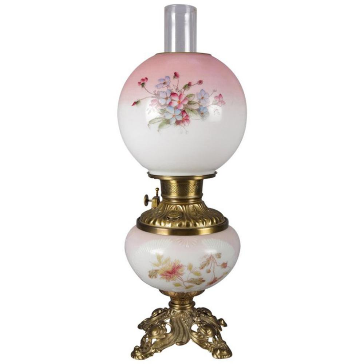Beatrice Bruteau author of Radical Optimism and many other books, wrote many articles including one entitled Radical Optimism Rooting Ourselves in Reality. In this she spells out thoughts and concerns, applicable for our times, re the imagination. To this article I add my own thoughts and reflections.
 Bruteau suggests we need to be aware of the power of our imagination. Is my personal and our collective imagination feeding distortions, fear, falsehoods and being fertilized by such things as the news and social media that conjure up the worst of the news? Often today, the term “fake news” throws red lights and fear around what we use to take as truth or fact. In our minds, inner walls now rise. We seek safety. Such reports may lead to bullying or buying guns as suspicions grow. In these ways, the images we absorb from the media, can reinforce an unbridled imagination by building negative thoughts.
Bruteau suggests we need to be aware of the power of our imagination. Is my personal and our collective imagination feeding distortions, fear, falsehoods and being fertilized by such things as the news and social media that conjure up the worst of the news? Often today, the term “fake news” throws red lights and fear around what we use to take as truth or fact. In our minds, inner walls now rise. We seek safety. Such reports may lead to bullying or buying guns as suspicions grow. In these ways, the images we absorb from the media, can reinforce an unbridled imagination by building negative thoughts.
Louise Hay cautions, “If you accept a limiting belief, then it will become a truth for you”. Frequently, those who can imagine the impossible against all odds, can achieve their goals. Here the imagination projects hopeful, inspiring direction. The learning then I would suggest, is that on our life journey, we need family or friends who are help up stretch our boundaries and to live the best of who we are and can be together. We never do this alone. Ever!
In history, Jesus stands out as a person not limited by his fears. He called others to trust. While perhaps imagining the worst for himself, he was not consumed by such thoughts, but believed beyond his own imagination, in a God who loved and cared for the world. Not once did he repeat “do not be afraid.” But rather over and over again.
Bruteau in her writings during her lifetime, like Jesus, rained down courage, faith, inspiring rays of light upon the earth. Her influence engenders refreshing hope to readers even today. Inspired by prayer, she exuded the gift of imagination in a broad, positive and reflective way. Bruteau is a guide for today who envisoned the story of creation and relationship with God, in a new way because of a deeply refreshing perspective .
Quoting from Pauls’ Epistle to the Philippians, Bruteau writes, “Whatever is true, whatever is honorable, whatever is just, whatever is pure, whatever is lovely whatever is gracious, if there is any excellence, if there is anything worthy of praise, think about these things” (Philippians 4:8). Those words root us, ground us and focus us. They serve as a “guide” for our imagination. We find direction for our lives. We find hope. Now when hearing many voices, we, with an awakened consciousness, are firmly rooted.
- Patricia St. Louis csj
Reference: www.worldcat.org/title/radical-optimism-rooting-ourselves... Radical optimism : rooting ourselves in reality. [Beatrice Bruteau] -- Beatrice Bruteau is a Christian philosopher whose vision of life is an inspiration to some of the most influential thinkers of our time. In Radical Optimism, she shines new light on the deepest truth ...





